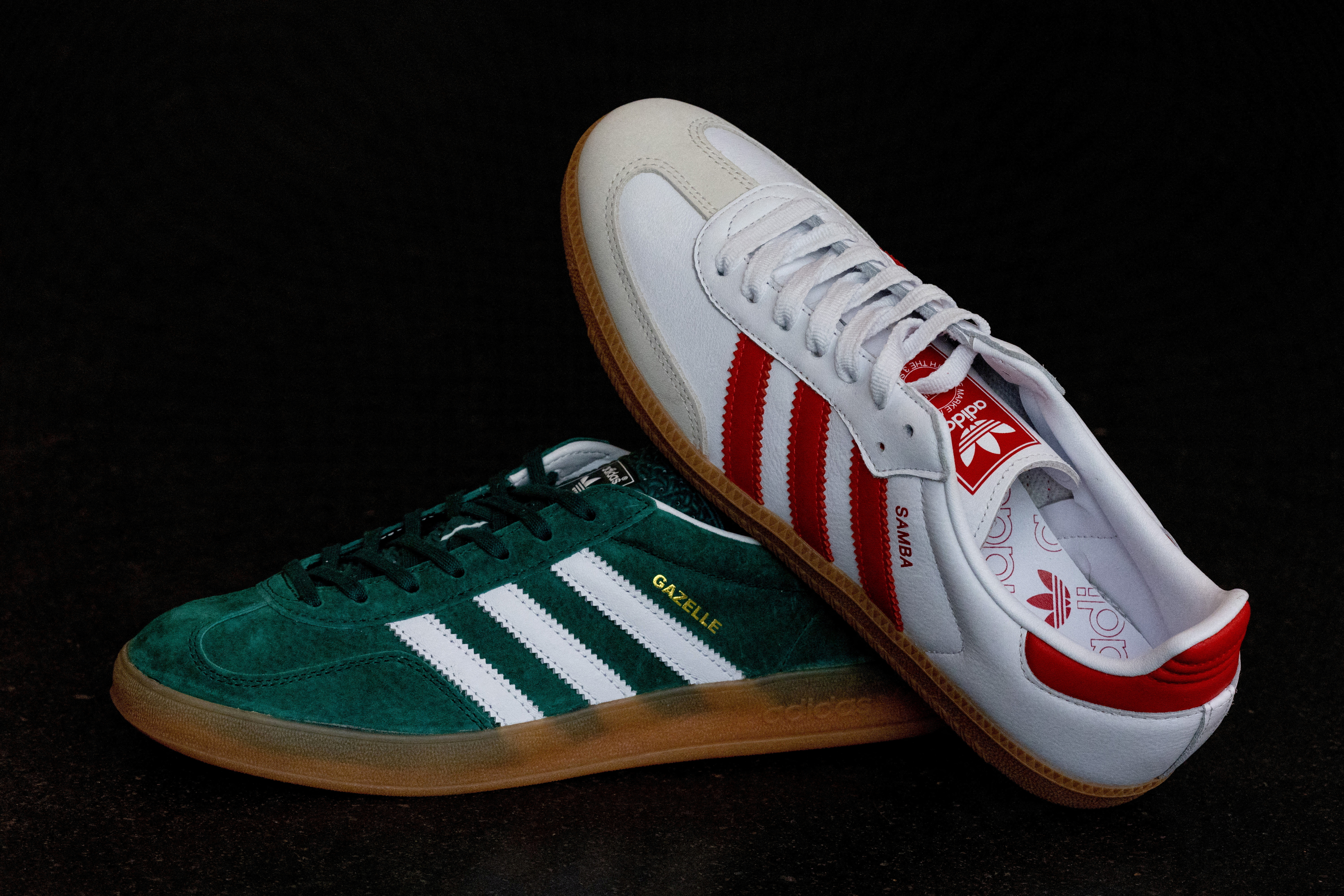JD Sports Fashion reported a steeper decline in second quarter underlying sales, reflecting weakness in the UK, though there were signs of stabilisation in its key U.S. market after a sharp decline in the previous quarter.
The sportswear retailer, which makes nearly 40 per cent of its revenue in the United States through its JD Sports, Hibbett, DTLR and Shoe Palace stores, said like-for-like sales for its second quarter to August 2 fell 3 per cent, having been down 2 per cent in the first quarter.
Shares in FTSE 100-listed JD have lost a third of their value over the last 12 months, reflecting a market driven by discounts, a drop-off in demand for products, which account for about 45 per cent of its sales, and uncertainty over the impact of U.S. President Donald Trump’s tariffs on costs and consumer demand.
The stock was up 4 per cent in early trading Wednesday.
The group said a 6.1 per cent fall in like-for-like sales in the UK reflected a tough prior year comparison when trade was boosted by the men’s Euro 2024 soccer tournament.
But it saw an improving trend in North America where like-for-like sales fell 2.3 per cent, having been down 5.5 per cent in the previous quarter, reflecting the deferral of several product launches from the first quarter, as well as stronger sales trends in apparel and online.
“We believe this is a better outcome than the market expected and is further vindication of strategy,” analysts at Peel Hunt said.
JD forecast full-year 2025/26 profit before tax and adjusting items in line with current market expectations of 852 million pounds to 915 million pounds ($1.15-$1.24 billion), down from the 923 million pounds made in 2024/25.
That forecast is, however, before any indirect impact of U.S. tariffs which the group is continuing to work through.
“Across our regions and fascias, in general we see a resilient consumer, albeit very selective on their purchases. We therefore remain cautious on the trading environment going into H2,” CEO Regis Schultz said.
JD also announced a new 100 million pound share buyback programme, which it said reflected its confidence in medium-term industry growth and ongoing market share gains.






Click here to change your cookie preferences